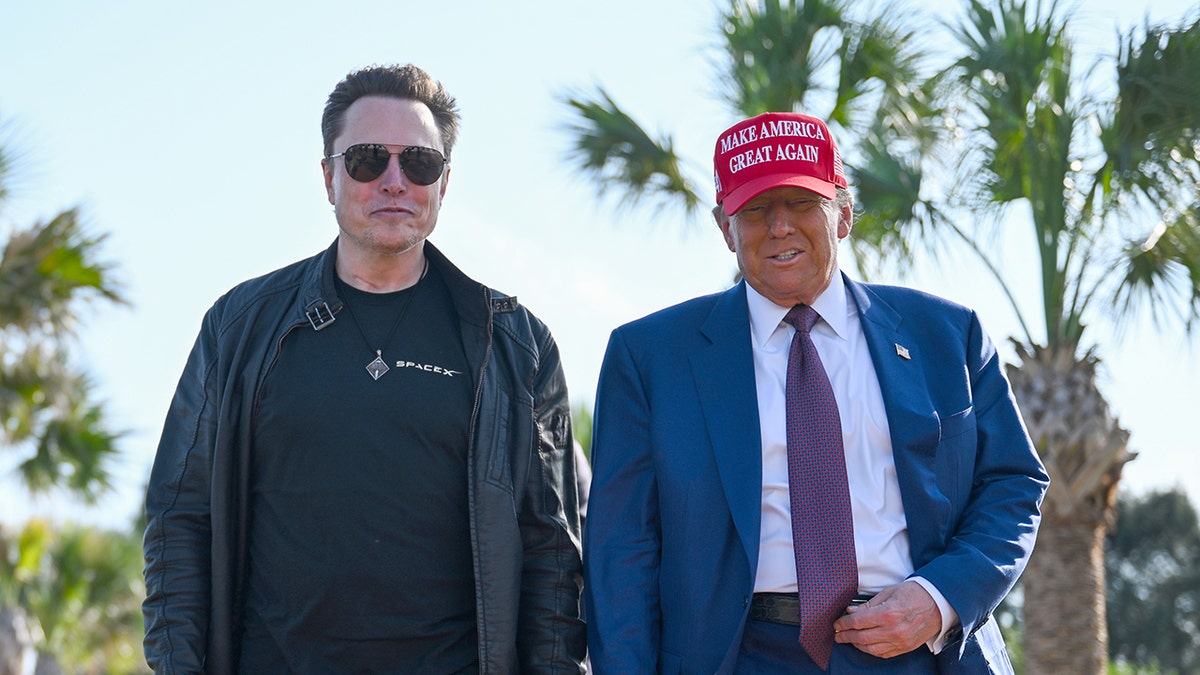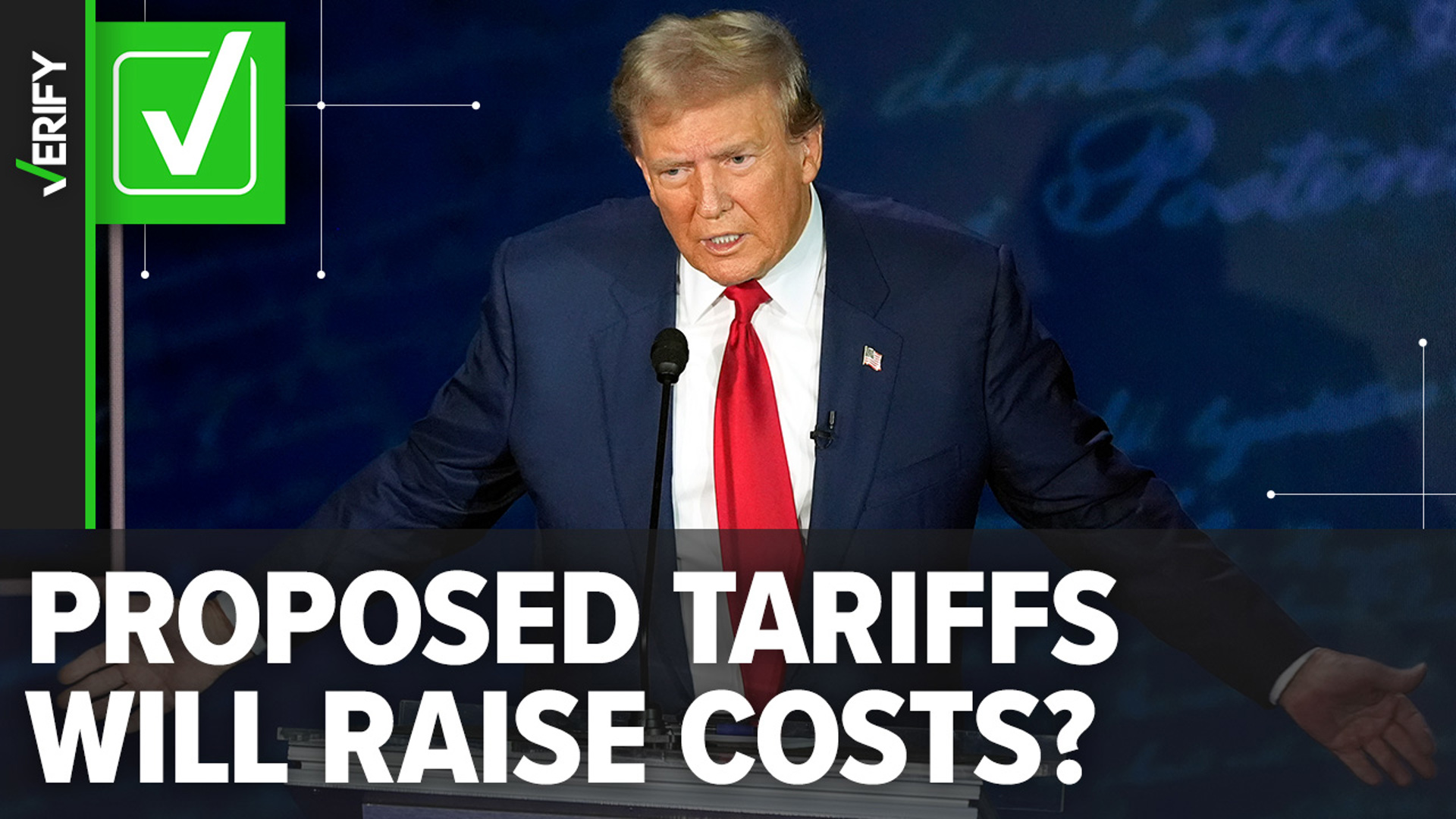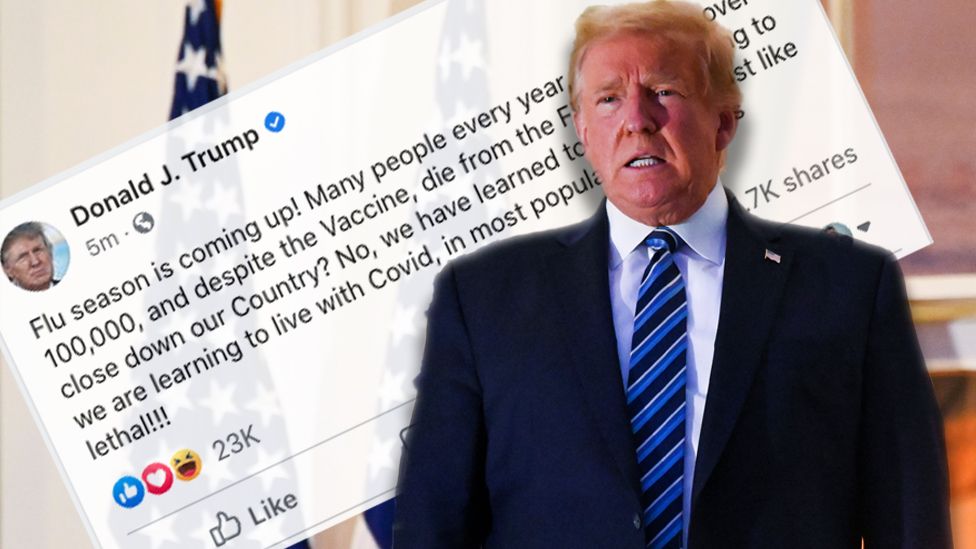Trump's Attempt to Undermine Biden's Legitimacy Through DOJ Investigation
#trump #biden #department of justice #election #politics #investigation

About the People Mentioned
Donald Trump
Donald John Trump, born June 14, 1946, in Queens, New York, is an American businessman, media personality, and politician. He graduated from the University of Pennsylvania’s Wharton School in 1968 with a degree in economics. In 1971, he took over his family’s real estate business, renaming it the Trump Organization, through which he expanded into building and managing skyscrapers, hotels, casinos, and golf courses. Trump gained widespread fame as the host of the reality TV show *The Apprentice* from 2004 to 2015, which helped establish his public persona as a successful entrepreneur. Trump entered politics as a Republican and was elected the 45th president of the United States, serving from 2017 to 2021. His presidency was marked by significant policy actions including tax cuts, deregulation, the appointment of three Supreme Court justices, renegotiation of trade agreements (notably replacing NAFTA with the USMCA), and a focus on immigration control including border wall expansion. He withdrew the U.S. from international agreements such as the Paris Climate Accord and the Iran nuclear deal, and engaged in a trade war with China. His administration’s response to the COVID-19 pandemic was criticized for downplaying the virus’s severity. Trump was impeached twice by the House of Representatives—first in 2019 for abuse of power and obstruction, and again in 2021 for incitement of insurrection—but was acquitted by the Senate both times. After losing the 2020 election to Joe Biden, Trump challenged the results, culminating in the January 6, 2021, Capitol riot. He remains a central figure in American politics, having won the 2024 presidential election and returned as the 47th president in 2025, continuing to promote policies aimed at economic growth, border security, and military strength[1][2][3][4].
Joe Biden
Joseph Robinette Biden Jr., commonly known as Joe Biden, is the 46th President of the United States, serving from 2021 to 2025. Born on November 20, 1942, in Scranton, Pennsylvania, Biden moved to Delaware with his family in 1953. He graduated from the University of Delaware in 1965 and Syracuse University Law School in 1968. Before entering national politics, Biden served on the New Castle County Council and later became one of the youngest U.S. Senators at the age of 29, representing Delaware from 1973 to 2009. During his Senate career, Biden chaired the Senate Judiciary Committee and Foreign Relations Committee. He played a crucial role in drafting several significant pieces of legislation, including the Violence Against Women Act and the Violent Crime Control and Law Enforcement Act. Biden also oversaw several U.S. Supreme Court confirmation hearings. In 2008, he was chosen by Barack Obama as his vice presidential running mate, serving two terms as the 47th Vice President of the United States. In 2020, Biden won the presidential election, defeating incumbent President Donald Trump. As President, he focused on rebuilding America's international leadership and implementing policies to address economic recovery and social issues. Biden's presidency concluded on January 20, 2025, when Donald Trump returned to office. Recently, Biden announced that he had been diagnosed with Stage 4 prostate cancer. Despite his health challenges, Biden remains a figure of national interest, with ongoing discussions about his political legacy and influence. His dedication to public service and his efforts to expand opportunities for Americans have been central themes throughout his career.
About the Organizations Mentioned
Washington
The organization "Washington" in the context of your query most accurately refers to the **Washington State Government**, a comprehensive state-level governing body responsible for implementing laws, managing public resources, and serving the citizens of Washington State. It operates through three branches—executive, legislative, and judicial—that mirror the federal government’s structure to ensure checks and balances[1][2]. The **executive branch** is headed by the governor and includes other elected officials such as the attorney general, secretary of state, and treasurer. This branch enforces laws and manages day-to-day state operations, including overseeing various departments and agencies that cover sectors like natural resources, education, and public safety[1][4]. The governor wields significant powers, including military command over the state’s National Guard, veto authority (including line-item vetoes), and the ability to issue pardons[1][2]. The **legislative branch** comprises a bicameral legislature: the Senate (49 members with four-year terms) and the House of Representatives (98 members with two-year terms). It is responsible for creating laws, with certain restrictions such as earmarking funds for specific purposes and allowing voter initiatives, referenda, and recall elections to maintain public control over governance[2]. The legislature also includes committees and support offices that facilitate lawmaking and oversight[4][5]. The **judicial branch** includes multiple levels of courts, from local courts handling minor cases to the Supreme Court and appellate courts reviewing decisions. Judges are mostly elected on nonpartisan ballots to maintain judicial independence, with grand juries primarily investigating political corruption[2][4]. Historically, Washington’s constitution, adopted in 1889, formed the basis of its government, reflecting a cautious approach to state power with a divided executive and numerous checks on authority[2]. Over time, the state government has expanded and modernized its operations, now supported by detailed organizational charts and resources that provide transparency and public access to information[4][5
AP
The Associated Press (AP) is a **global, not-for-profit news cooperative** headquartered in New York City, founded in 1846 by five New York newspapers to provide faster news delivery during the Mexican-American War. It operates as a cooperative unincorporated association, distributing news to its members, major newspapers, broadcasters, and subscribers worldwide[1][2][4]. AP is one of the oldest and most respected news agencies with a vast global presence: it maintains about 235 bureaus in 94 countries and publishes content in English, Spanish, and Arabic. Its journalism reaches over four billion people daily, with more than 400,000 stories, 80,000 videos, and 1.2 million photos produced annually[2]. As of 2025, its website attracts over 128 million monthly visits, ranking it among the top 10 U.S. news websites[1]. Known for its **unbiased, fact-based reporting**, AP champions press freedom, journalist safety, and intellectual property protection. It has won **59 Pulitzer Prizes**, including 36 for photography, reflecting its high journalistic standards and impact[1][3][4]. AP’s content spans breaking news, sports polls, election coverage, and enterprise reports, and it also publishes the widely used *AP Stylebook*. Throughout its history, AP has been a pioneer in journalism, covering major historical events from Abraham Lincoln’s assassination to contemporary global conflicts. It has successfully navigated 21st-century challenges, including the decline of local newspapers and political controversies, while maintaining editorial independence[2][3]. Governed by an executive leadership team and board of directors, AP continues to innovate and uphold its mission to advance “the power of facts” for a worldwide audience. It also supports journalists through initiatives like the AP Emergency Relief Fund to assist colleagues affected by conflict or disaster[2][4]. Its reliability and minimal bias have been recognized by independent media rating organizations, confirming its position as a














